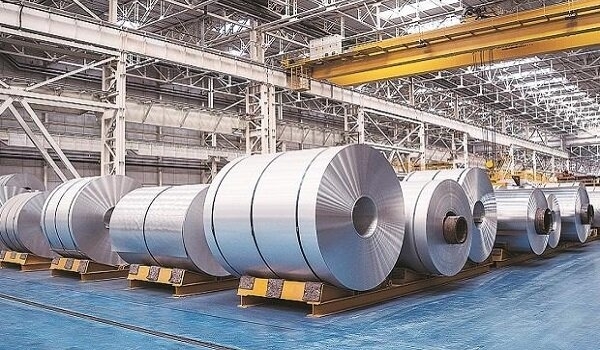
“Needle coke and graphite electrodes are the two main materials in the steel industry and the operation of electric arc furnaces will stop if they do not exist. In other words, the highest consumption of needle coke is in the graphite electrode industry to the extent that needle coke is estimated to have 80% share of the total world electrodes market,” Majid Rahimi, the CEO of Danesh Parto Naqsh-e Jahan company, told FNA on Tuesday.
“At present, the technology and process of producing needle coke as the raw material for graphite electrodes is exclusively available to a few countries, including the US, Japan, China, Germany and Russia, and the main process of producing needle coke is monopolized by Russia and Japan,” he added, noting that due to the US sanctions, no graphite is imported to Iran.
“We tried to find an alternative to this material in the steel industry so that our steel industry could make good use of this product and we suggested using the imported super heavy copper electrode furnaces and could produce a hi-tech copper part which is a copper electrode to replace the sanctioned graphite, by using reverse engineering and technologies in our possession,” Rahimi said.
Iranian scientists have tried to help the country defeat the US sanctions which leave impact on different industries.
In a relevant development last week, Iranian scientists at another knowledge-based company affiliated to Amir Kabir University of Technology succeeded in the production of more than 150 high-purity chemical materials.
“These materials include over 150 types of salts of lithium, cobalt, nickel, manganese, potassium, cesium, calcium, magnesium, barium, copper, silver, platinum, palladium, zirconium, cerium, cesium, lead, lanthanum, chromium, titanium, Iron, aluminum, tin, antimony, vanadium, molybdenum, tungsten, boron, ammonium and sodium,” Mehran Javanbakht, a senior member of the Faculty of Chemistry of Amirkabir University of Technology, said on Saturday.
“It is predicted that 50 other high-purity chemicals will be added to the product portfolio by the yearend,” he added.
Javanbakht said that high-purity chemicals have various applications in the food, pharmaceutical, electronics, petrochemical and laboratories of academic and industrial centers.







